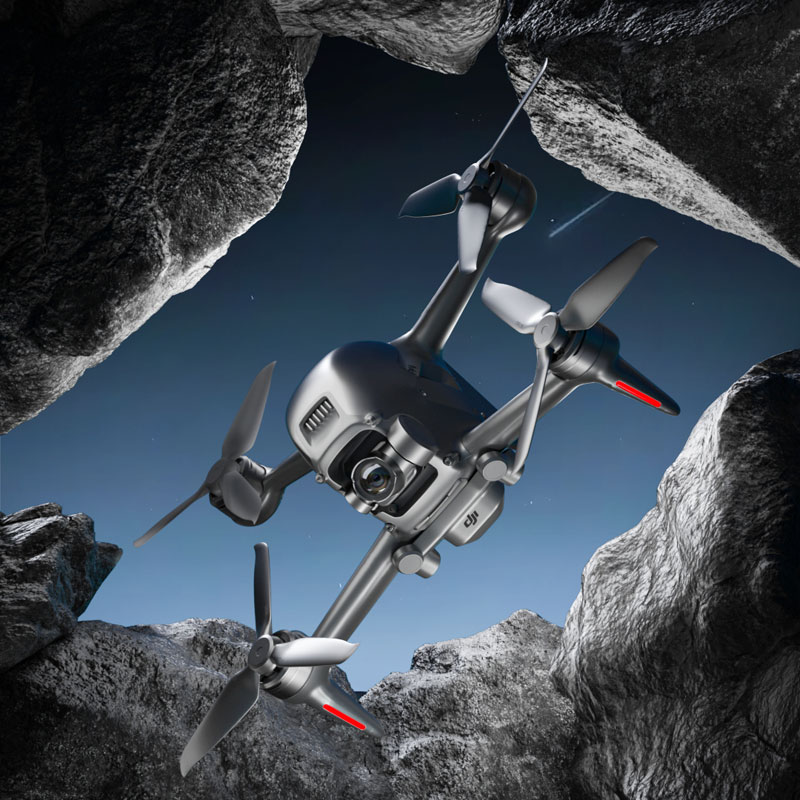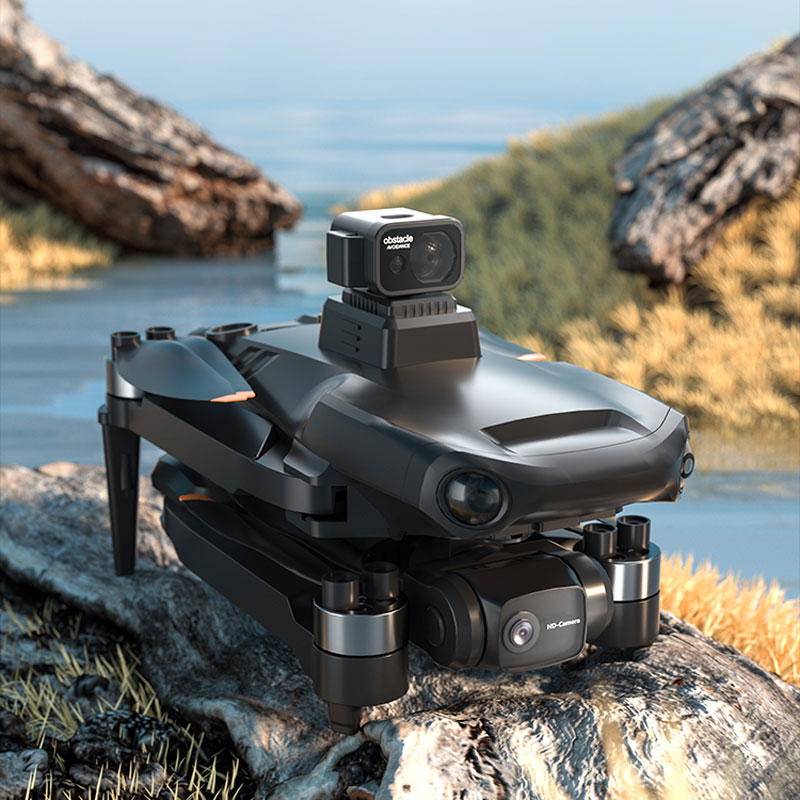One of the notable benefits of sprayer drones is their ability to navigate challenging terrains where traditional machinery might struggle. This versatility makes them suitable for diverse farming conditions, including hilly regions and vast landscapes. Moreover, farmers can program drones to operate autonomously, covering extensive acreage without human intervention. This remarkable feature drastically decreases labor requirements, freeing farmers to focus on other crucial aspects of their operations.
Enhancing Efficiency with Precision Agriculture
Sprayer drones are integral to the practice of precision agriculture, where farming inputs are managed based on specific site conditions. This approach enhances productivity while reducing environmental impact. The drones’ capabilities in collecting real-time data and mapping are instrumental in developing precise agricultural strategies. Farmers receive accurate insights into crop health and can adjust inputs accordingly, optimizing resource use and boosting yield potential.
Safety and Environmental Considerations
While the deployment of sprayer drones offers multiple advantages, safety and environmental implications must be considered. It is crucial to ensure that drone usage complies with regulations governing airspace and chemical application. Proper calibration is essential for maintaining the balance between effectiveness and safety, minimizing the risk of overuse that could harm crops and surrounding ecosystems. Furthermore, embracing environmentally-friendly chemicals can maximize the benefits of drone spraying.
Are Sprayer Drones Cost-effective?
Drones may involve a high initial investment, but they prove economical over time due to reduced labor and optimized resource management. Farmers can expect quicker returns on investment as their operational efficiency increases. Customized drones are available to suit different budget constraints and farming needs.
Technology Adoption Challenges
Though sprayer drones promise substantial benefits, their adoption is not without challenges. Farmers must acquire drone operation skills and stay updated on technology advancements. Investing in quality maintenance is crucial to ensure drones operate efficiently and last longer. Access to reliable internet service is vital for data transfer and communication among drones and control systems.
FAQ
How do sprayer drones improve crop yield?

Sprayer drones enhance crop yield by ensuring precise and uniform application of fertilizers and pesticides, reducing wastage and environmental impact.
What are the legal requirements for using sprayer drones?
Legal requirements include compliance with aviation regulations and chemical management guidelines to ensure safety. Operators often need certification and permits.

Can sprayer drones be used in all types of farming?
Sprayer drones are versatile and can be adapted to various farming conditions, but their efficacy heavily depends on farm size, terrain, and crop type.
